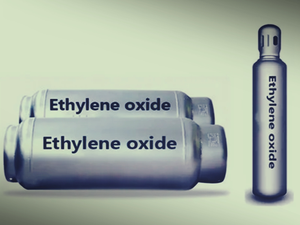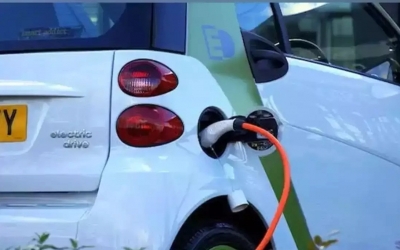New Delhi, May 31 (VOICE) A new report from the International Council on Clean Transportation (ICCT) on Wednesday rated how effectively the world’s 20 largest auto manufacturers are transitioning to zero-tailpipe-emission vehicles.
Tata is the solitary auto manufacturer headquartered in India on the list.
The report evaluates automakers on their performance and strategy across a set of measures related to their current position in the market, technology performance, and strategic vision for future decarbonisation.
The ICCT independently gathered and analysed data for six markets: China, Europe, India, Japan, South Korea, and the US. The 20 manufacturers the ICCT analysed in its rating account for 89 per cent of sales within these six markets and 65 per cent of light-duty vehicle sales globally.
“Our rating shows that BYD — the only legacy automaker to go all-electric — is quickly catching up to Tesla, the rating’s leader,” says the report.
Tesla earned the highest overall rating. But while it’s the only large manufacturer producing only zero-emission vehicles (ZEVs), it underperforms on some metrics, such as the variety of ZEV models it offers consumers.
Legacy automakers BMW and Volkswagen are showing they’re serious about the EV transition — they scored high marks in this year’s rating.
ICCT’s rating also showed that of the 20 largest manufacturers globally by sales, six automakers are lagging their competitors. Of those, five are headquartered in Japan.
Tata’s poor score can be attributed to its low ZEV sales, limited variety of ZEV products, and the lack of a strong strategic vision. The auto manufacturer performed better on metrics such as energy consumption of ZEVs and deployment of battery recycling and repurposing.
“Considering the Dieselgate scandal was only seven years ago, it is remarkable to see VW emerge as a serious leader in the transition to 100 per cent zero-emissions vehicles,” said Rachel Muncrief, Acting Executive Director of ICCT.
In 2015, research from the ICCT broke the Dieselgate scandal.
The ICCT rated manufacturers relative to one another across each of the 10 custom-built metrics. “Our goal with this report was to provide a data-driven, transparent analysis of automakers’ progress toward decarbonization, in their plans and actions,” said Zifei Yang, the project manager and ICCT’s passenger vehicle program lead.
The ICCT’s deep auto industry expertise makes this rating different from other ESG assessments. The ICCT’s rating is a forward-looking analysis of manufacturer preparedness for vehicle electrification and it uses independent data and analysis rather than corporate surveys and self-reported information.
The ICCT developed rating metrics with an eye toward tracking progress over time, and the organisation will update the rating every year.
ICCT modeling indicates that nearly 100 per cent of new light-duty vehicles sold in leading markets in 2035 must have zero tailpipe emissions to put the transportation sector on a trajectory aligned with the goal of limiting global warming to below 2 degrees Celsius, as defined in the Paris Climate Agreement.
Amit Bhatt, India Managing Director, ICCT, said the fact that the only Indian automaker in the rating ranks near the bottom shows that the Indian market is trailing on the EV transition compared to other major markets.
“However, recent announcements by OEMs that they are committed to net-zero emissions and a simultaneous increase in EV sales indicates that the situation may improve in the future.”





















































